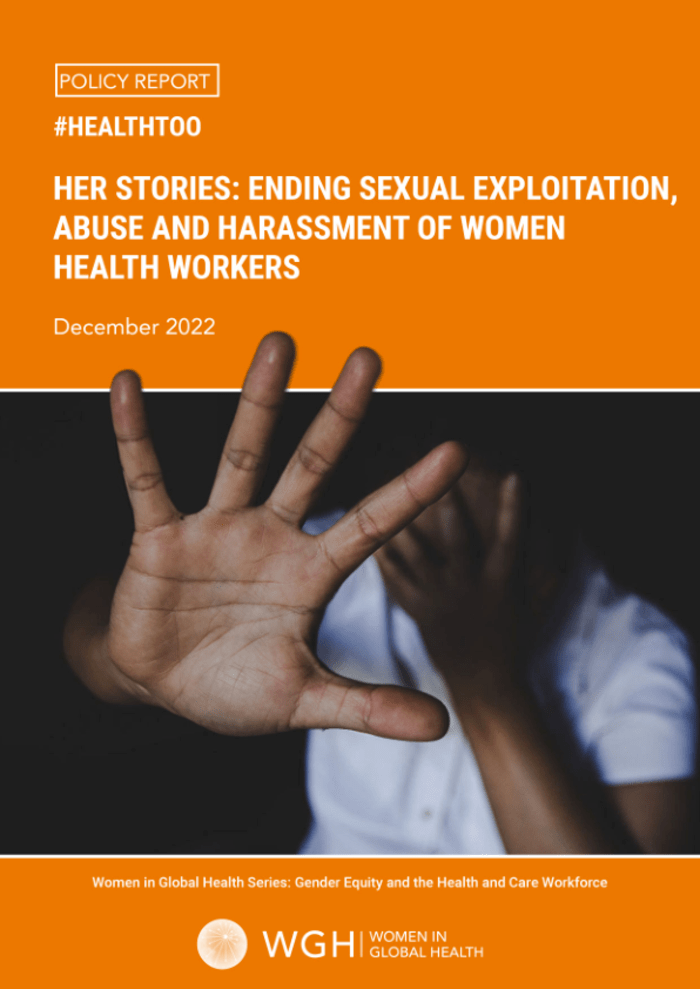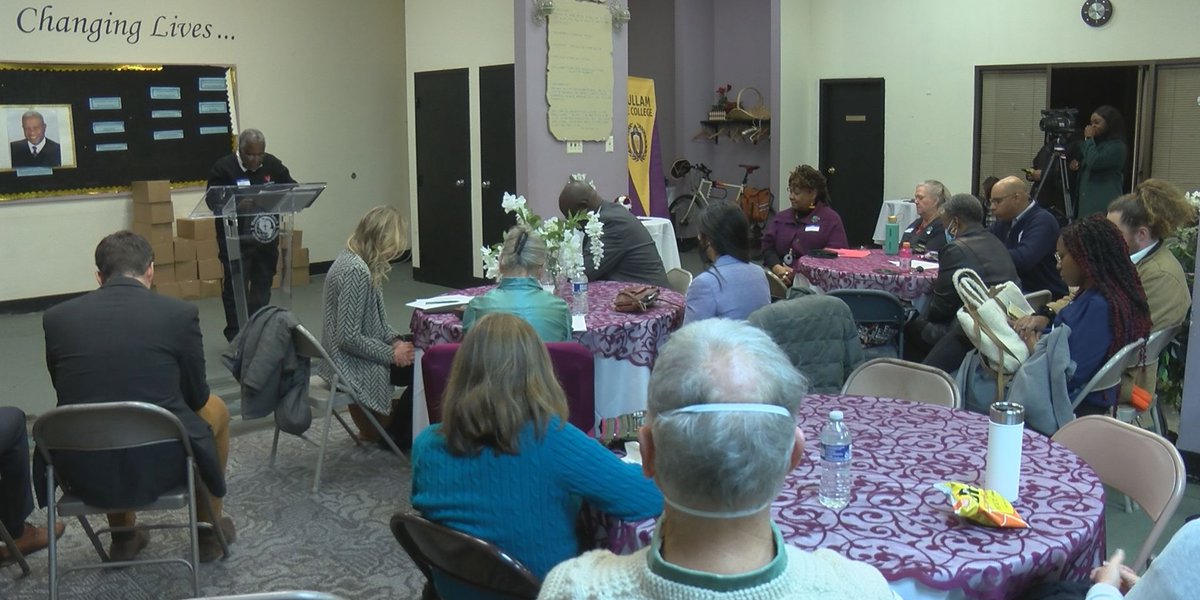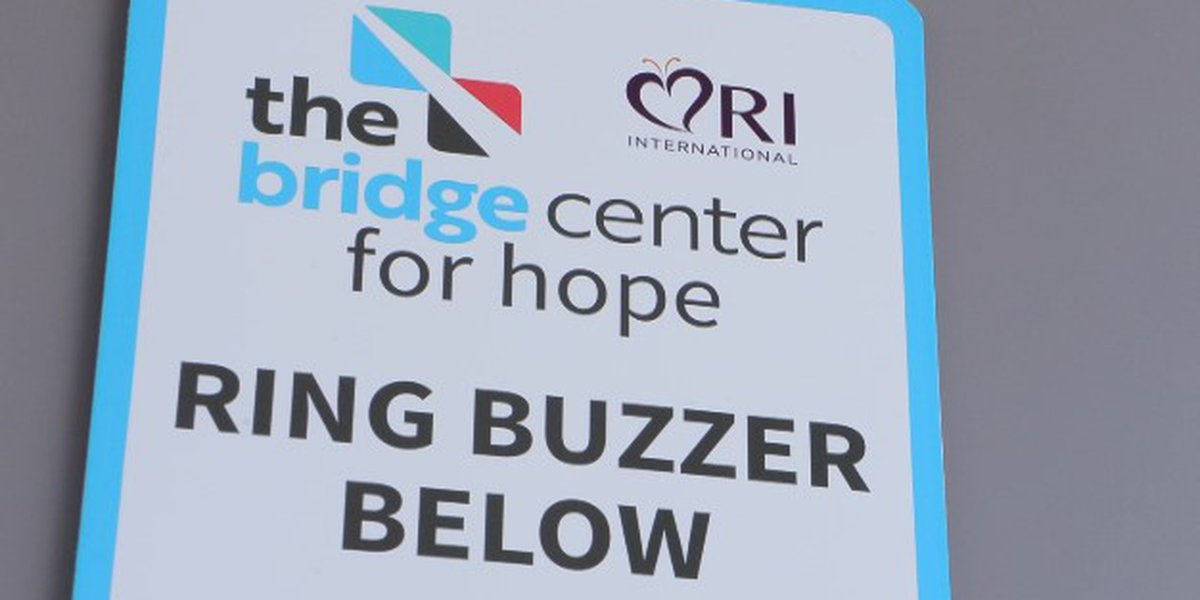[ad_1]
Key findings include:
• Women in all parts of the world in the health sector experience work-related SEAH that includes sexualized verbal abuse, sexual assault and rape. This is unwanted and unprovoked by women.
• Vertical occupational segregation (the clustering of women in lower status, lower paid roles) in the health sector by gender, with women being 70% of health workers and men holding 25% leadership roles, creates an enabling environment for SEAH.
• The risk of SEAH is increased by wider gender inequities in the health workforce where women are marginalized in leadership, earn less than men on average and are in less powerful roles.
• Women face SEAH from male colleagues, patients and men in the community. #HealthToo received only one report of a woman employee sexually harassed by a senior woman colleague.
• A pattern emerged of men in higher status positions abusing power to coerce and force female employees into unwanted sexual contact in a cycle of ‘grooming’, threats and retaliation.
• Many male perpetrators appear to be serial abusers, enabled by ‘silent bystanders’ supporting a patriarchal culture that legitimizes, downplays and perpetuates SEAH against women.
• Certain groups of women – trainees, interns, migrant women, women of marginalized races, castes and ethnicities– are at higher risk of SEAH in health due to unequal power dynamics.
• Many stories describe sexist behavior that belittles and demeans women, motivated by reinforcing power differentials and stereotypes of women’s subordinate position, and less by sexual desire.
• Women’s experience of SEAH and trauma is downplayed in the health sector and is even normalized.
• Women’s responses vary with the type of SEAH and their personal circumstances; there is no ‘right response’. No judgment is made in this report. The victim is not responsible.
• The majority of women reporting to #HealthToo did not make an official complaint or report SEAH. Some lacked a reporting mechanism, others feared disbelief, stigma or retaliation.
• Without victim-centered reporting mechanisms, SEAH is unrecorded, unsanctioned, and has a cost primarily for the victim, while the perpetrator is enabled to continue the pattern of behavior.
• #HealthToo stories record the trauma of women victims in SEAH in the health sector, including post traumatic stress disorder (PTSD) and suicidal thoughts. Employers are failing in their most basic
duty of care.
[ad_2]
Source link




